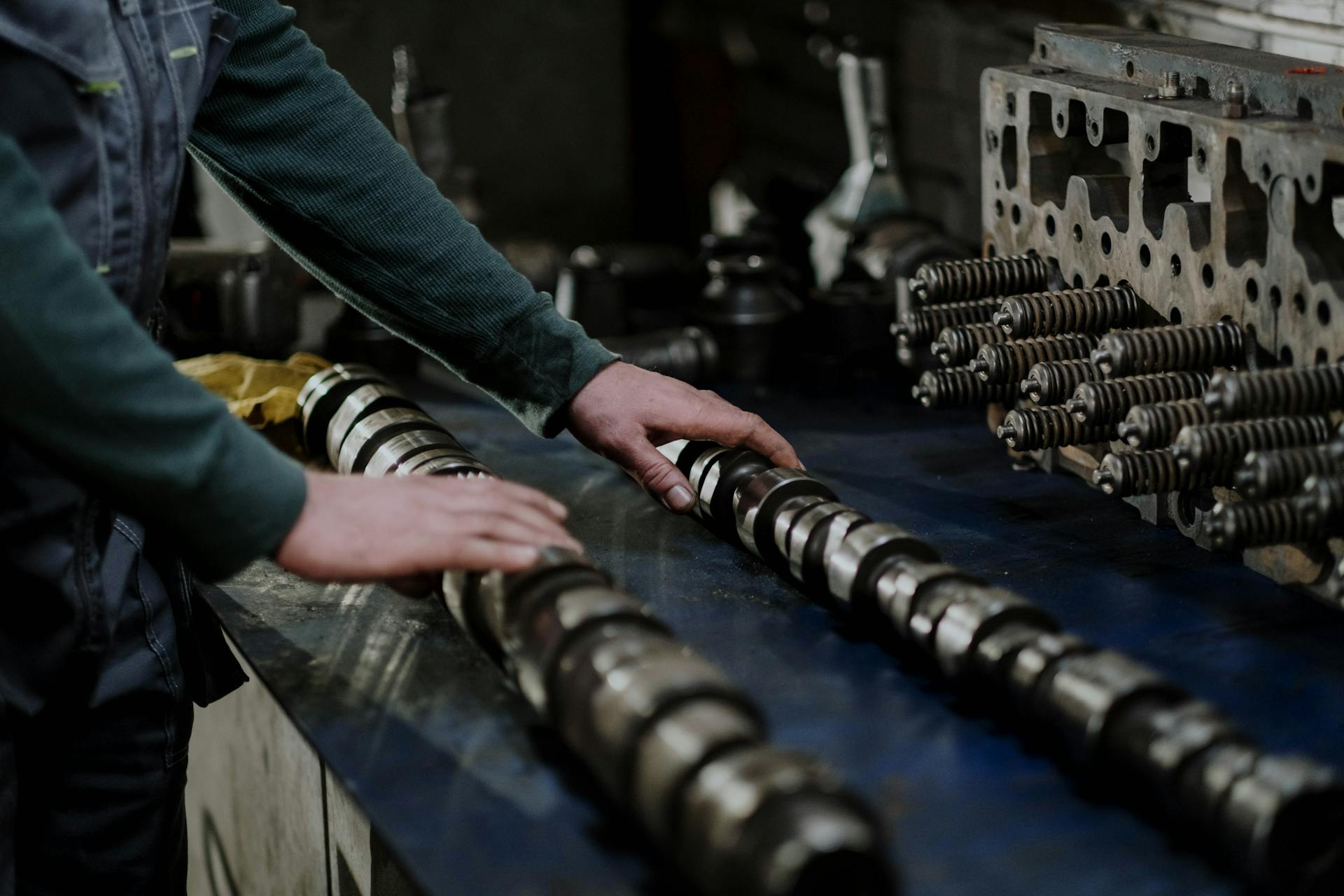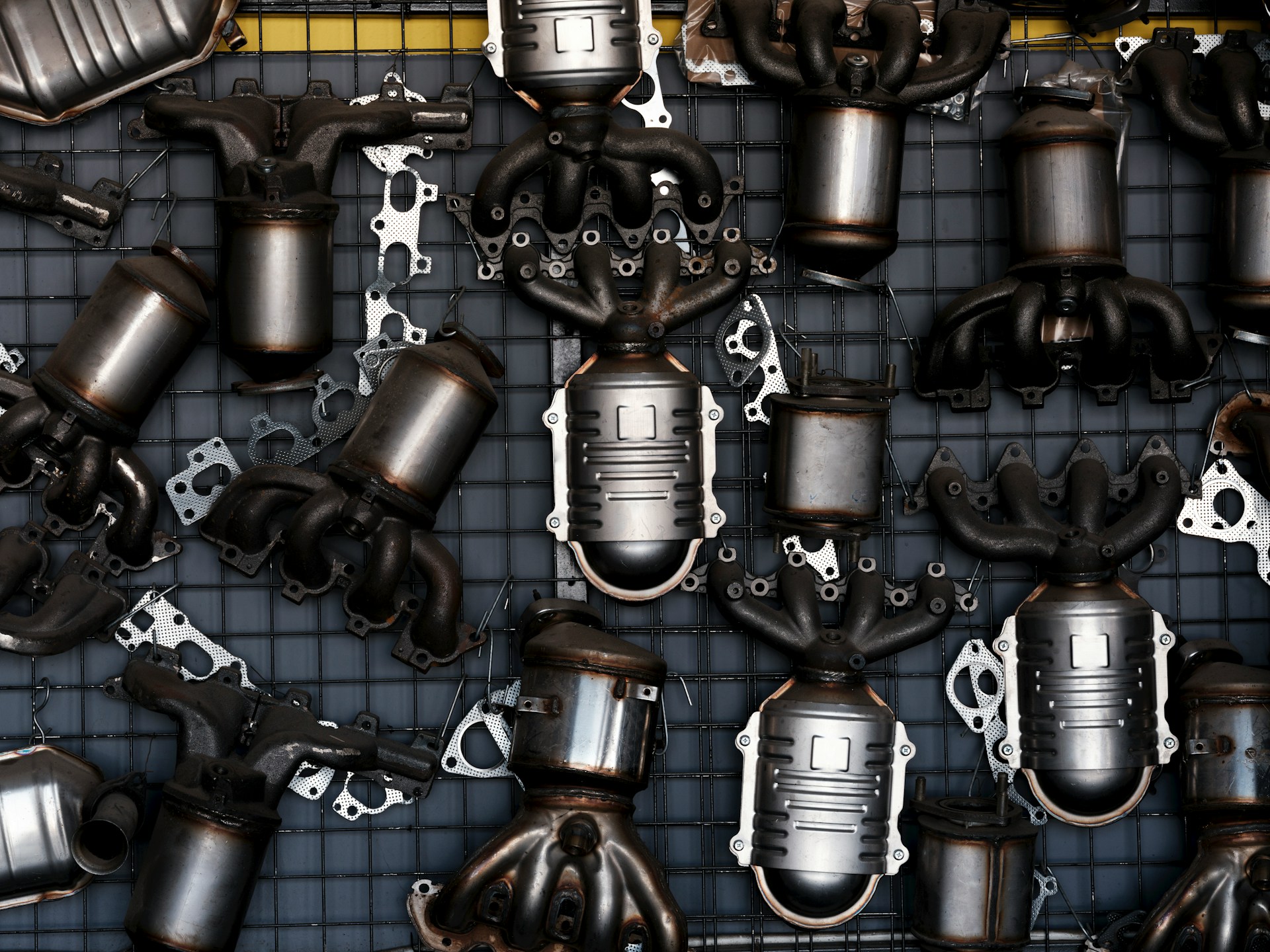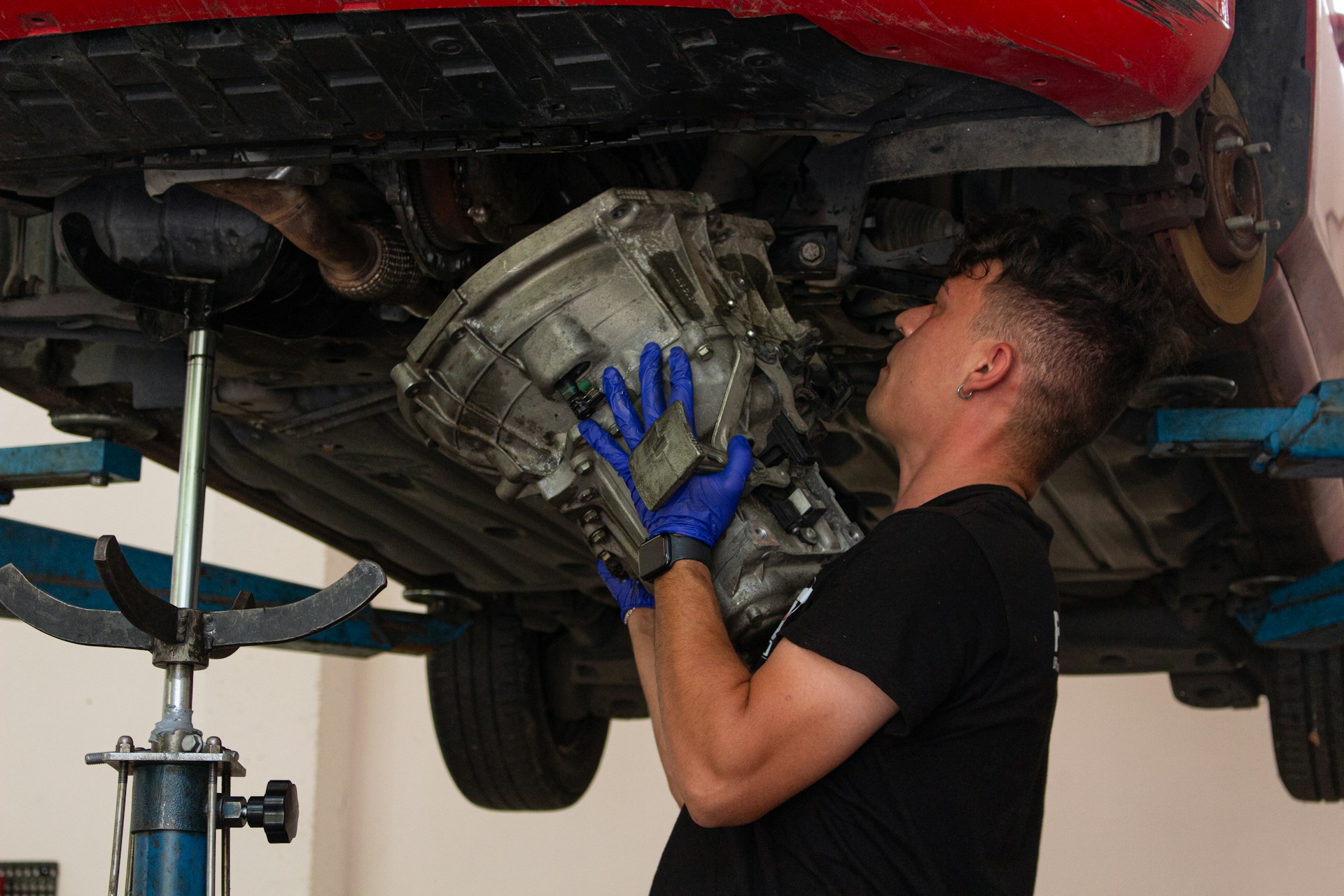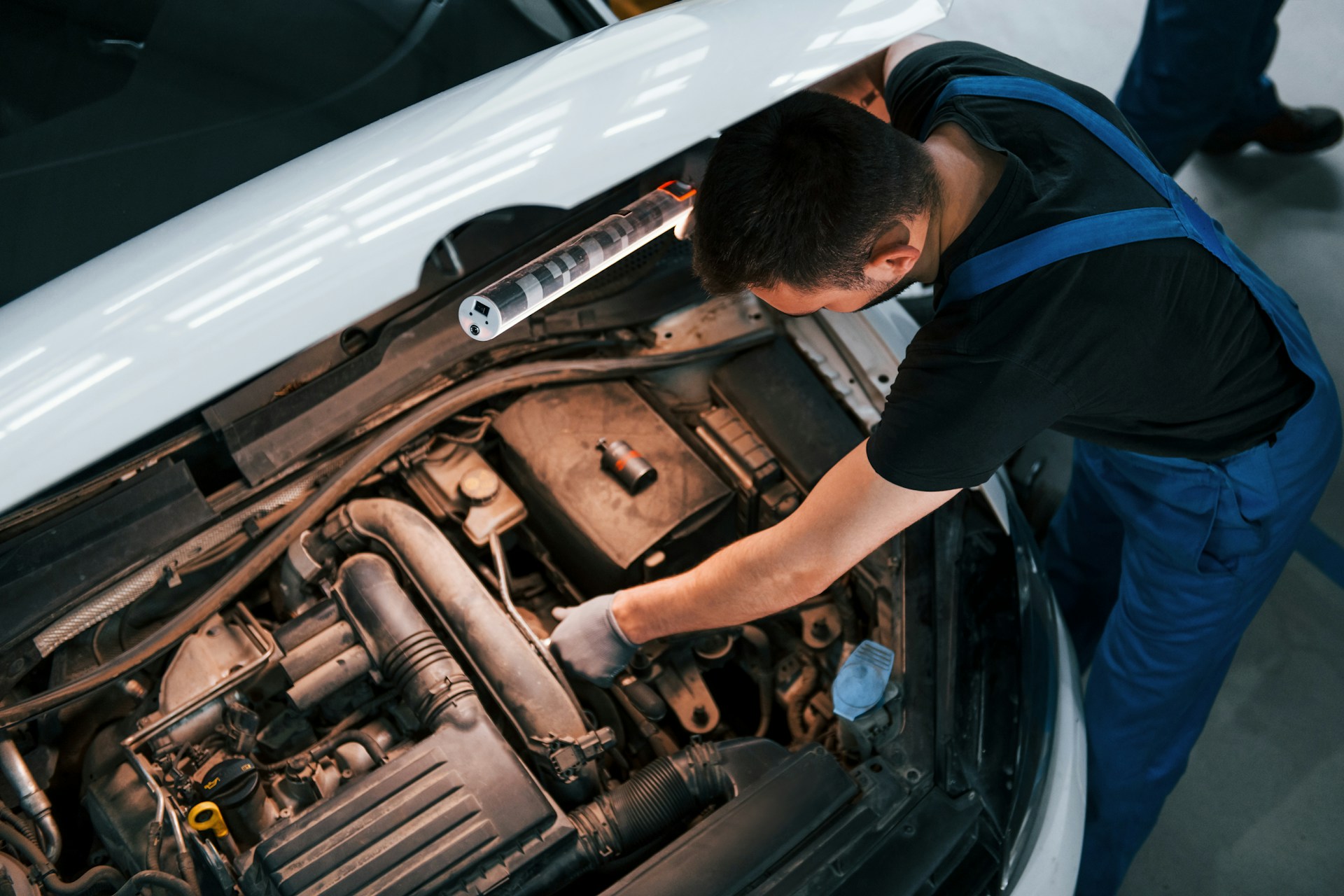
Diesel engines have a reputation for durability and power, making them a popular choice for many vehicle owners. However, to keep these engines running smoothly for years, regular maintenance is key. Used diesel engines, in particular, require special attention to avoid wear and tear that can accumulate over time. Understanding the specifics of diesel engine maintenance helps ensure that your engine continues to perform efficiently and reliably.
Maintaining a used diesel engine is like taking care of a cherished car: it requires consistent attention and care. Everyday driving, combined with the natural aging of engine components, can lead to issues if not addressed promptly. Regular maintenance is crucial in extending the life of your diesel engine and keeping it running at its best. From changing the oil to checking coolant levels, there are several maintenance tasks that can enhance your diesel engine’s performance.
One of the simplest yet most important tasks you can do for your diesel engine is regular oil changes. Fresh oil helps to lubricate engine components, reducing friction and preventing overheating. For used diesel engines, changing the oil regularly can be a lifesaver, ensuring that the engine remains in good condition and performs at its peak.
Here are a few key points to consider:
– Frequency of Oil Changes: For most diesel engines, an oil change is recommended every 5,000 to 7,500 miles. However, for used diesel engines, especially those with high mileage, you might want to consider changing the oil more frequently.
– Benefits of Regular Oil Changes: Changing your oil on time keeps your engine clean and can enhance fuel efficiency. Clean oil also protects engine components from corrosion and wear.
– Signs That Your Engine Oil Needs Changing: If you notice dark, gritty oil, unusual engine noises, or a drop in oil pressure, it might be time for an oil change.
Taking care of the oil in your diesel engine is like making sure the heart of your vehicle keeps beating smoothly. Ignoring oil changes can lead to bigger issues down the road and may even result in costly repairs.
Another crucial aspect of diesel engine maintenance is monitoring coolant levels. Coolant plays an essential role in preventing the engine from overheating, especially in warmer climates like Houston, TX. Maintaining proper coolant levels ensures that your engine operates within safe temperature limits.
Here’s what you should know:
– Importance of Coolant: Coolant absorbs heat from the engine and dissipates it through the radiator. Without adequate coolant, your engine can quickly overheat.
– Checking and Refilling Coolant: Regularly check your coolant level by looking at the overflow tank. If the level is low, top it off with the appropriate coolant mixture. Remember, different engines require different types of coolant, so always use the recommended type for your model.
– Warning Signs of Low Coolant: Keep an eye out for signals like the temperature gauge moving into the red zone, steam coming from the hood, or a noticeable drop in engine performance.
Failing to manage coolant levels can result in your engine overheating, leading to significant problems. By staying on top of this simple yet vital task, you’ll be helping to extend your engine’s life and reliability.
The air filter in a diesel engine plays a big role in keeping the engine efficient. It stops dirt, dust, and other particles from getting inside the engine where they can cause damage and reduce performance. Over time, the air filter can get clogged, affecting airflow and engine power, so it’s important to keep an eye on it.
Here’s how to manage your air filters:
– Checking and Replacing Filters: Regularly check the air filter for dirt and clogs. A good rule of thumb is to check your filter every 10,000 to 15,000 miles, but you might need to do it more frequently if you drive in dusty or polluted conditions.
– When to Replace: If you notice a drop in your engine’s power or an increase in exhaust smoke, it might be time to change the filter. A clean filter helps keep the air-to-fuel ratio balanced, which is critical for optimal engine performance.
– Ignoring Filter Maintenance: Neglecting the air filter can lead to reduced engine power, increased fuel consumption, and even long-term damage to engine components from debris.
Regularly maintaining this simple component can lead to significant improvements in fuel economy and overall engine health.
The fuel system in a diesel engine needs clean injectors to function at its best. Dirty or clogged injectors can cause poor fuel delivery, leading to reduced performance and an increase in emissions.
Here’s how to keep your fuel system in top shape:
– Importance of Clean Injectors: Dirty fuel injectors can disrupt the spray pattern of the fuel, making combustion less efficient. This affects both performance and fuel efficiency.
– Steps for Maintenance: Periodic cleaning of the injectors helps maintain efficient combustion. Use quality fuel additives to minimize deposits and consider professional cleaning as part of your regular service routine.
– Spotting Issues: Be aware of signs like poor acceleration, rough idling, or an increase in engine smoke, as these could indicate problems with your fuel system.
Consistently checking and maintaining the fuel system ensures that your engine runs smoothly and helps avoid the need for costly repairs.
Routine inspections are the cornerstone of keeping a used diesel engine in peak condition. Regular check-ups help spot potential problems before they turn into significant issues, saving time and money down the line.
– Routine Inspections: Include things like checking belts, hoses, and the condition of engine mounts during regular maintenance. Tightening connections and looking for leaks should also be part of these checks.
– Common Issues Found: Inspections often reveal problems like worn belts or leaky hoses, which if not addressed quickly, can lead to more serious engine troubles.
– Professional Help: While you can handle some checks on your own, bringing in a professional for a detailed examination every so often helps ensure everything is running as it should.
Ultimately, the secret to making your used diesel engine last is a commitment to regular maintenance. As you may have gathered, this involves being proactive and attentive to the engine’s needs, from oil changes to regular check-ups.
Remember to schedule these tasks consistently and consider consulting with experienced technicians if needed. This is your best bet for enjoying a long-lasting, reliable engine.
For those in Houston, TX looking to keep their vehicles in top-notch condition, knowing where to find high-quality parts can make all the difference. If you’re searching for used diesel engines for sale, Airline Auto Parts offers a range of options to fit your needs. Explore their inventory to find the right fit for your vehicle and ensure your engine receives the attention it deserves.
For those in Houston, TX looking to keep their vehicles in top-notch condition, knowing where to find high-quality parts can make all the difference. If you’re searching for used diesel engines for sale, Airline Auto Parts offers a range of options to fit your needs. Explore their inventory to find the right fit for your vehicle and ensure your engine receives the attention it deserves.

February 8, 2026 What To Ask Used Car Parts Dealers Befor...

How Used Vehicle Spare Parts Help With C...

February 1, 2026 Where To Start With Used Parts In Housto...

What To Expect From Car Parts In Houston...

January 25, 2026 Why Used Auto Parts Matter More During W...

Hidden Risks Of Salvage Car Parts In Hou...

January 18, 2026 The Right Time To Buy Used Parts In Hous...

January 11, 2026 Everything To Know About Used Diesel Eng...

Common Warnings Before Buying Second Han...

January 4, 2026 What Happens When A Used Automatic Trans...
Leave a Reply
You must be logged in to post a comment.